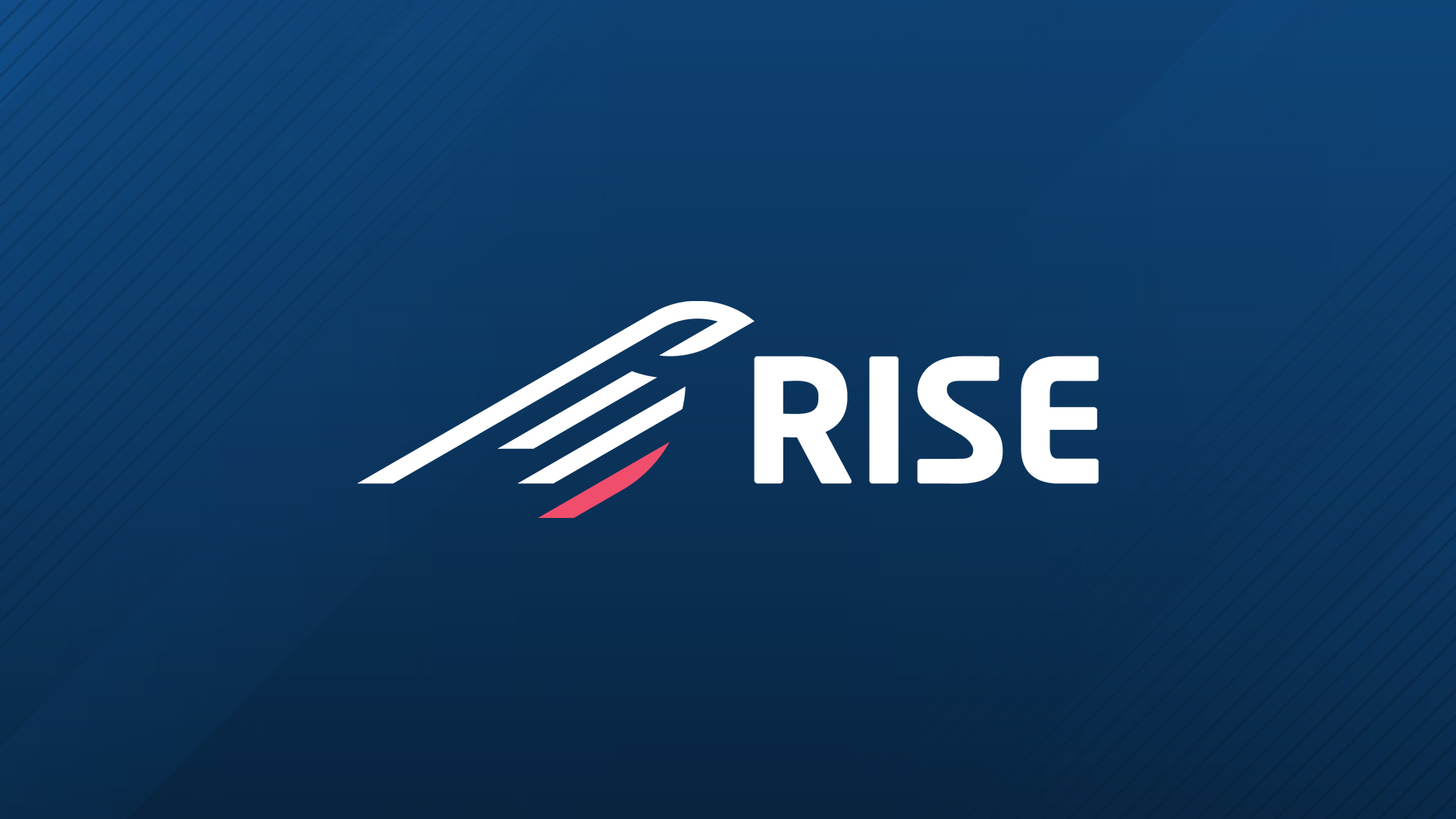How much of your work day is spent online? From work and school, to grocery shopping, reading the news, and spending time with loved ones, more and more of everyday life is being spent online. This huge increase in people’s data requirements has exposed the need for unrestricted access to the internet for all.
However, rather than a second digital revolution, we are instead seeing a significant digital divide in many countries — the haves and the have-nots of online life. In tandem with the need for data comes the delivery of that data; how internet service providers actually provide access to the internet.
These issues are collectively known as Net Neutrality — the idea that all content on the internet be treated equally, and all users have equal access to that content. So what does that actually mean for you and your business?
How Net Neutrality affects you
For many of us, Net Neutrality is likely to be the default way we think about the internet. Of course all content is treated equally, and ISPs would never charge extra to access specific content.
The reality is that true neutrality has never really been a thing, especially in the Philippines, where it is common for major providers to allow free access to select platforms, websites or content, and by extension force you to pay to access others.
At first glance, these types of deals may seem consumer friendly – my provider won’t charge me data to browse Facebook or watch Netflix? That’s a great deal!
But dig a little deeper and you’ll notice that this arrangement is only a “deal” if you actually use Facebook or Netflix, and those companies are paying the ISP for the privilege of your free access in order to keep market share.
By being able to buy access (and hence block access for others), these companies limit the choices you can make in your online activities. Facebook and Netflix may seem trivial, but imagine a bank doing the same, or news outlets, or political parties.
Without Net Neutrality, these companies can effectively filter out your choices, your purchases, and even your political leanings when you go online.
How Net Neutrality affects your business
Keeping the internet an open playing field is crucial for innovation. For example, if internet providers blocked or slowed down video streaming services in the mid-2000s, we might not have Netflix or YouTube today, and we’d definitely all be having much worse zoom calls!
As we’ve seen above, big businesses are already buying up access on the internet and blocking access for smaller, newer companies. If your business can’t afford to make a deal with the ISPs active in the market, you are effectively cut off from those customers.
When internet service providers pick and choose their favourites, or make deals with companies to provide free access, they stifle competition and make it harder for newer companies and technologies to grow.
By making the internet “pay-to-play”, non-neutral networks raise the cost of doing business in that market, while making it more difficult for customers to make informed decisions about which companies they use online.
Why would anyone be against Net Neutrality?
Obviously large companies with an already established global presence are against Net Neutrality, as it gives them broader reach and a tighter grip on online markets. However, there are actually good reasons for non-neutral networks.
A good example of this happened at the start of the pandemic in March 2020, when the sudden onset of lockdowns around the world saw hundreds of millions of people stuck at home for days, weeks and months on end. With limited options for human connection, many turned to streaming services, and the surge in data usage put massive strain on internet service providers.
In response to this, many streaming companies opted to throttle streaming speeds for their users, limiting the quality of video streaming available to them. This allowed the streaming companies to continue to operate, and the time to build out additional capacity, without completely bottlenecking broadband networks all over the world.
Another strong reason for non-neutral networks are “zero rating” plans, where a company pays a telecommunications provider to allow access to that company’s website, content or platforms without the use of mobile data.
We mentioned these types of plans above, and yes they can stifle competition and choice in the market. But in many (particularly lower socio-economic) areas, they also provide the only access to the internet available. In the Philippines, many people only have access to the internet thanks to zero rating plans, and the companies willing to invest in them to help spread internet access throughout the country.
Where do we go from here?
The argument for Net Neutrality is pretty straightforward: telcos and ISPs should not discriminate based on type of content, website, service, application or even user. They should concentrate on providing the best internet services, and let their users decide on how they use that service.
However, some amount of non-neutral networks can also be advantageous – providing access to impoverished communities, or limiting personal usage in times of crisis so that everyone can continue to access services.
It is clear that a compromise is required – a position that takes the best of both options, and seeks to provide the widest access possible while still allowing service providers some amount of control over that access.
What this compromise ends up being, and how it is reached, will depend entirely on who gets to make these decisions. If you want to be a part of shaping the future of the internet, you need to know about Net Neutrality.


